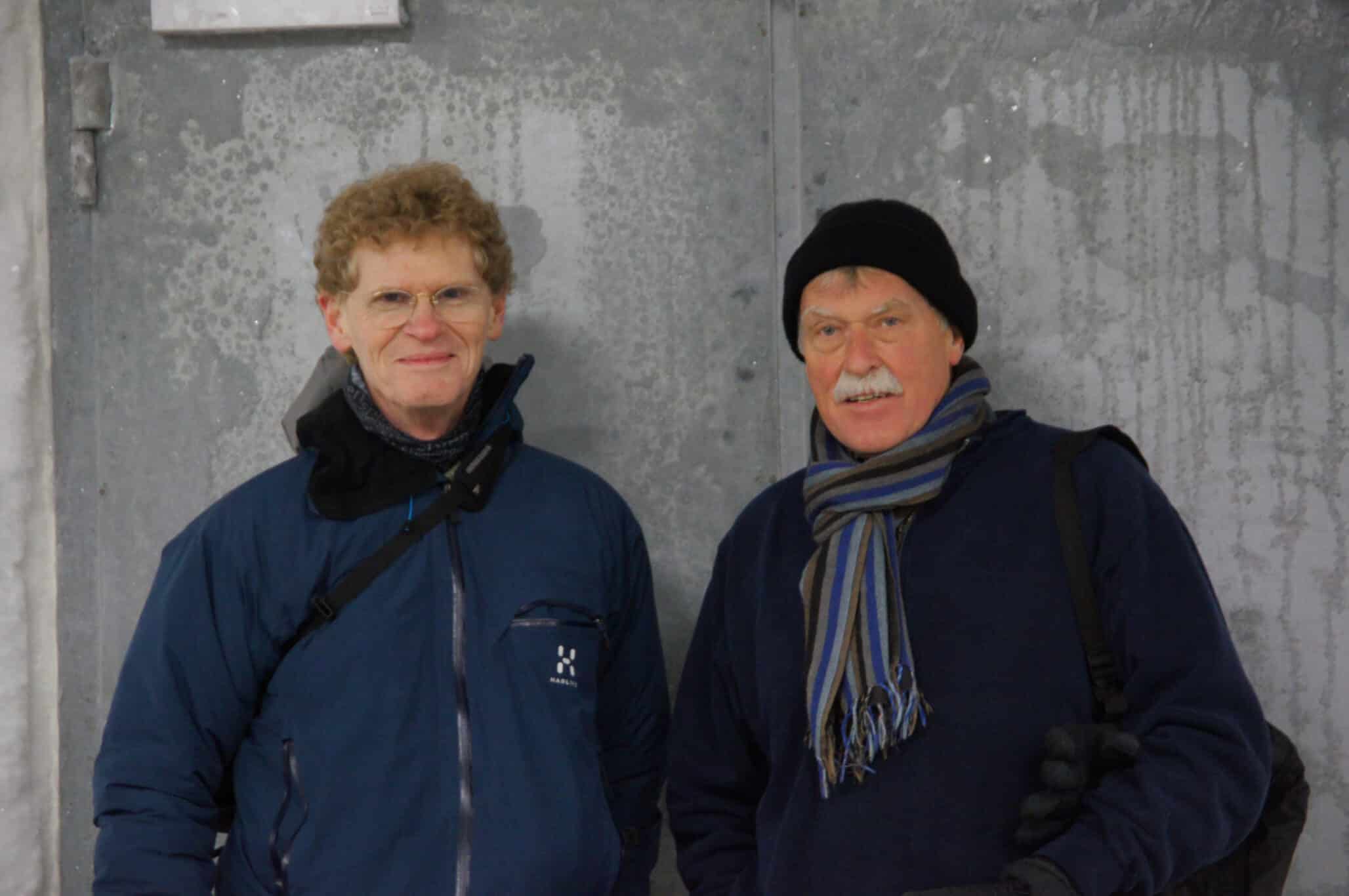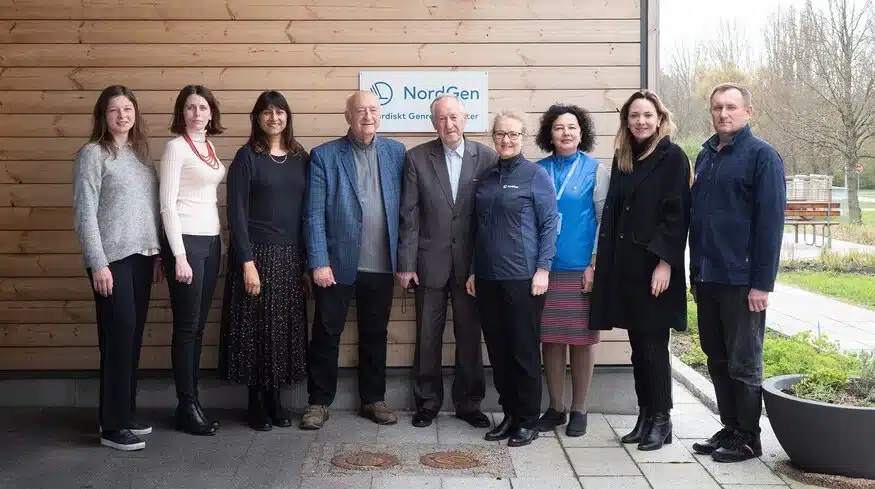Genebank experts have begun reviewing the 15 national genebanks that are set to receive capacity building, technical and financial support through the recently launched BOLD (Biodiversity for Opportunities, Livelihoods and Development) Project.
Seeds maintained in genebanks worldwide are the foundation of our future food and nutrition security. Within them are genes that will allow researchers, breeders and farmers to develop the crops of the future, higher-yielding, better tasting, and adapted to our changing climate and food needs.
But getting the most out of these collections requires the concerted efforts of a range of stakeholders to make sure that new diversity reaches the hands of farmers.
The central component of the BOLD Project, funded by the Government of Norway, is supporting 15 national genebanks around the world to help them manage, document, conserve and duplicate the crop diversity they hold and make it available to farmers and breeders. In doing this, the project is building on the experiences of another Crop Trust project, Seeds for Resilience, funded by the Government of Germany, which has been working with five genebanks in Africa since 2019.
First steps
The first step is a series of baseline external reviews to help the 15 genebanks identify areas of their operations that need improvement and support. This includes their links with genebank users, including farmers. The findings will provide the foundations for the actions of the BOLD Project and its partners over the next eight years.
Genebanks conducted a self-assessment of their operations, which covered their contents, facilities, staff, budget, interactions with clients and communication with broader audiences.
Boots on the ground
Following up on this, beginning in March 2022, teams of eminent genebank experts contracted by the Crop Trust began visiting the genebanks. Starting in Azerbaijan at the end of March, the final review is scheduled for Vietnam in late October.
The genebank reviews are week-long intensive and open dialogues among peers. They capture the genebanks’ reality and assess where they stand in regard to international standards. Finally, they identify areas and activities that need improvement and support, as well as those that are pretty good as they are.
“A real review is a dialogue,” says Jean Hanson, a former genebank manager at the International Livestock Research Institute (ILRI) with more than 35 years of experience. “It benefits both the institute and the reviewers. The experts have to learn why the genebank does things in a certain way, what their limitations are, what’s really important to the genebank.”
Hanson is one of 13 genebank experts from 11 countries assessing the 15 national genebanks for BOLD this year. Thus far, the national genebanks of Azerbaijan, Morocco and Lebanon have been reviewed.
Hanson was part of the review team that visited Azerbaijan at the end of March, and the leader of the review team in Morocco at the beginning of May. Lebanon came next, toward the end of May, which was led by Paula Bramel, an agricultural scientist with more than 30 years of experience as a teacher and researcher, including as manager of the genebank at the International Crops Research Institute for the Semi-Arid Tropics in India.
The other national genebanks involved are Bhutan, Cuba, Ecuador, Egypt, Laos, Pakistan, Peru, Sudan, Tanzania, Uganda, Vietnam and Yemen.
“The genebanks are looking at ways they can upgrade their operations,” said Bramel. “Those upgrades can be capacity, infrastructure, supplies and services or something else. Our job is to help them identify what those needs are and to see how the BOLD Project can help them meet them.”
Source: Crop Trust













